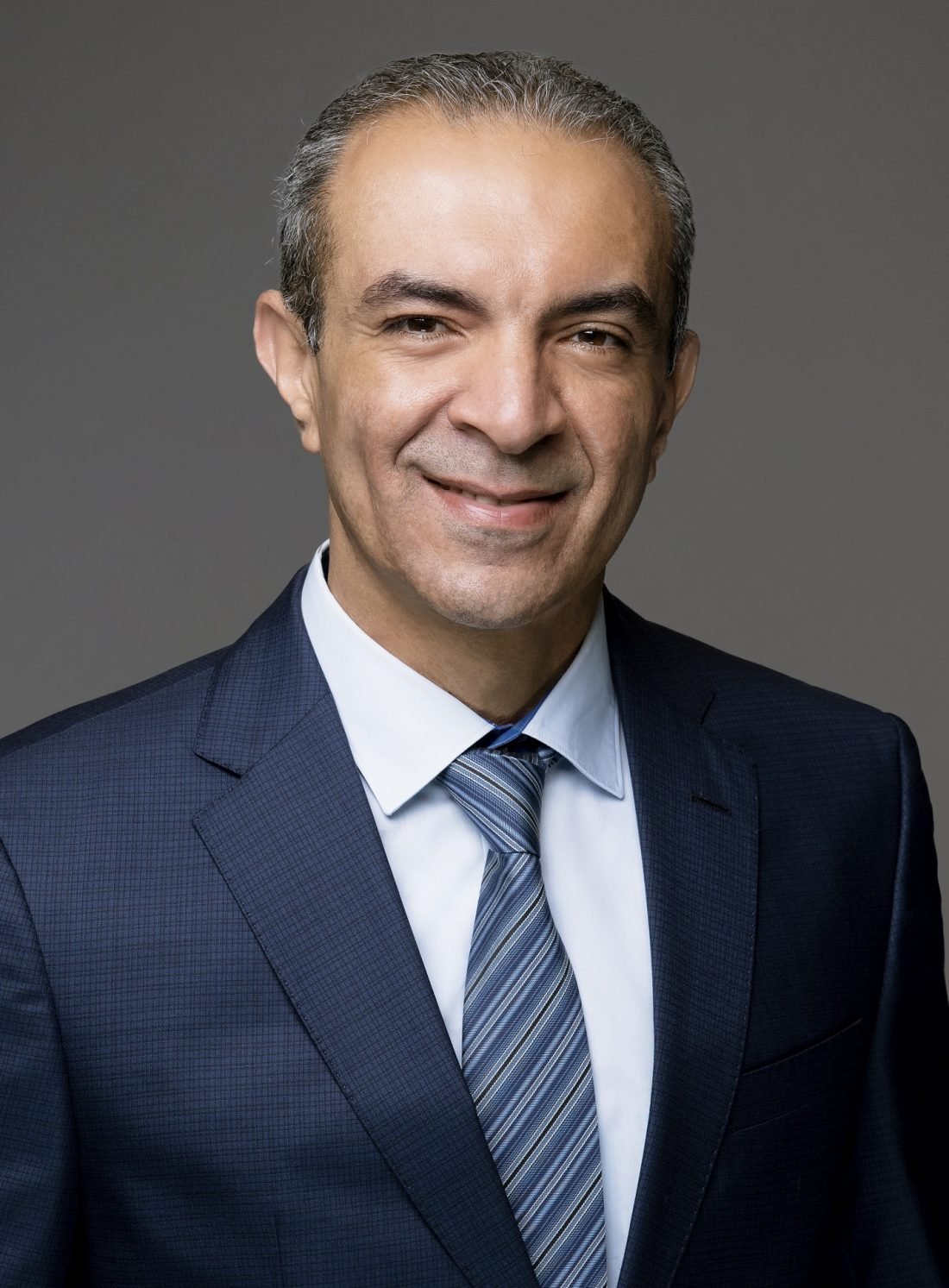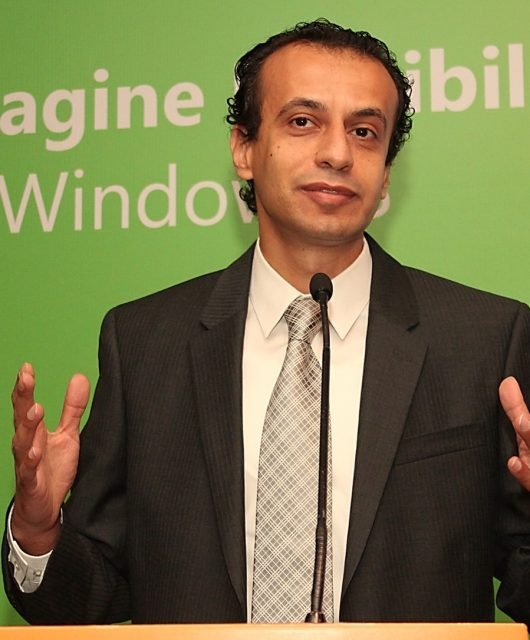Foresight On Brand Building: Anticipating The Future Of Branding In MENA, By Pepsico’s Mustafa Shamseldin
Human beings are natural storytellers. We love telling, hearing, and resharing stories, because they allow us to empathize with each other like nothing else can. An authentic story can resonate with people from different walks of life, because it represents something unique to humans. Shared experiences and a vivid imagination. At a very visceral level – this is what binds us.

The last two years have taught us more than ever before about telling these stories in new, creative, and unexpected ways. And we have lessons to take from it to help shape our connected future. Here’s five trends I think brands need to be conscious of as they begin their 2023 journey:
Mental Health Will Take Centerstage
The past few years have upended our lives. We’ve been navigating mass uncertainty, tight-roping blurred work-life boundaries, and trying to avoid an ever-evolving virus. The silver lining? Taboos around mental health are fading away, and consumers want brands to understand and respond to this. People have made looking after themselves a priority and are seeking brands that positively contribute to their overall well-being. That will compel brands to answer tough questions that go beyond the USPs of their product or service. Can your brand help people lighten the load? Can you spark a conversation about a difficult issue credibly? Can you bring a smile to anyone’s face? Can you foster meaningful connections? Can you inspire change? Mental health awareness efforts aren’t a recipe to win business. They’re brand-building exercises in standing up for the things that really matter, and can be a way of building brand loyalty, speaking from the heart, and authentically connecting with consumers.
Content will remain king
But the approach might need a do-over. Consumers don’t want barriers between themselves and the brands they like. They also don’t have the time for subpar communication that brings them no value. So, content needs to be treated as more than just a branding tool or a way to entice consumers into the funnel. It must be real, relatable, consistent, and reflect individual lifestyles. But it must also be personalized. The desire for brands to know consumers well enough is stronger than ever before, and content must reflect that. With social media taking over so much of our lives, brands will compete more for people’s time, and that’s a priceless commodity that people will not part with easily.
Technology will evolve to be human-centric
More brands are realizing the value of keeping humans at the center of tech, design, cities, sustainability, and everything else. We’re competing at unprecedented speed – underpinned by technological advances, but we need to be careful not to handover what our brand represents to AI. AI will continue to be relevant – brands and marketers will use it to scale marketing content, and messaging, but it’s a fine balance. We need to use automation to helps us tell our story, not craft the story for us. The human emotions of joy and excitement, central to brand building, cannot and should not be replaced by AI-powered messaging.
Sustainability will drive growth
More brands will need to place their Environmental, Social and Governance processes at the core of their strategy, while recognizing and adapting to the reality that putting sustainability at the center of business growth is the only way to prosper. With the region hosting both COP27 and COP28, brands will have to build their environmental credentials, as consumers hone in on responsible, purpose-driven brands to define preferences. Buying trends are increasingly being driven by conscious consumers, and brands will need to introspect and measure their impact on society by moving towards increased transparency, reporting, and accountability.
E-Commerce is no longer just a ‘click’
Branding will have to become more agile and integrated as mobile shopping and social commerce takeover. Most consumers today have their mobile phones within reach at all times – and use them for more than texting and phone calls. Brands that want to stay in the game need to embrace this shift in behaviour. That means designing mobile-first experiences (not just moving a desktop experience to a smaller screen). Gen Z is also using social media for search and product recommendations, and more brands will have to sell to customers – where they are.
Brands are more accountable than ever
Consumers will hold brands more accountable for what they say, espouse, act on, and shy away from. We are no longer dealing with passive consumers. Consumers are woke. They are demanding brands be better. Think about who you partner with, the influencers you use, what causes you associate yourself with and understand public sentiment before you decide what your brand represents. Be ready to respond if the situation demands it. Take responsibility if you’ve faltered – consumers today appreciate honesty and transparency. Don’t shift blame, and don’t claim ignorance. Recognize that you’re held to a higher standard. Consumers will increasingly evaluate brands on alignment with their personal values, and it’s important that brands understand that before it’s too late.
Marketers all over the world, and in the MENA region, have a challenge and a unique responsibility to become enablers and to leverage the power of branding in the ever-evolving human development journey. The biggest change of all will be to change the narrative from just consumers and customers to humans.





